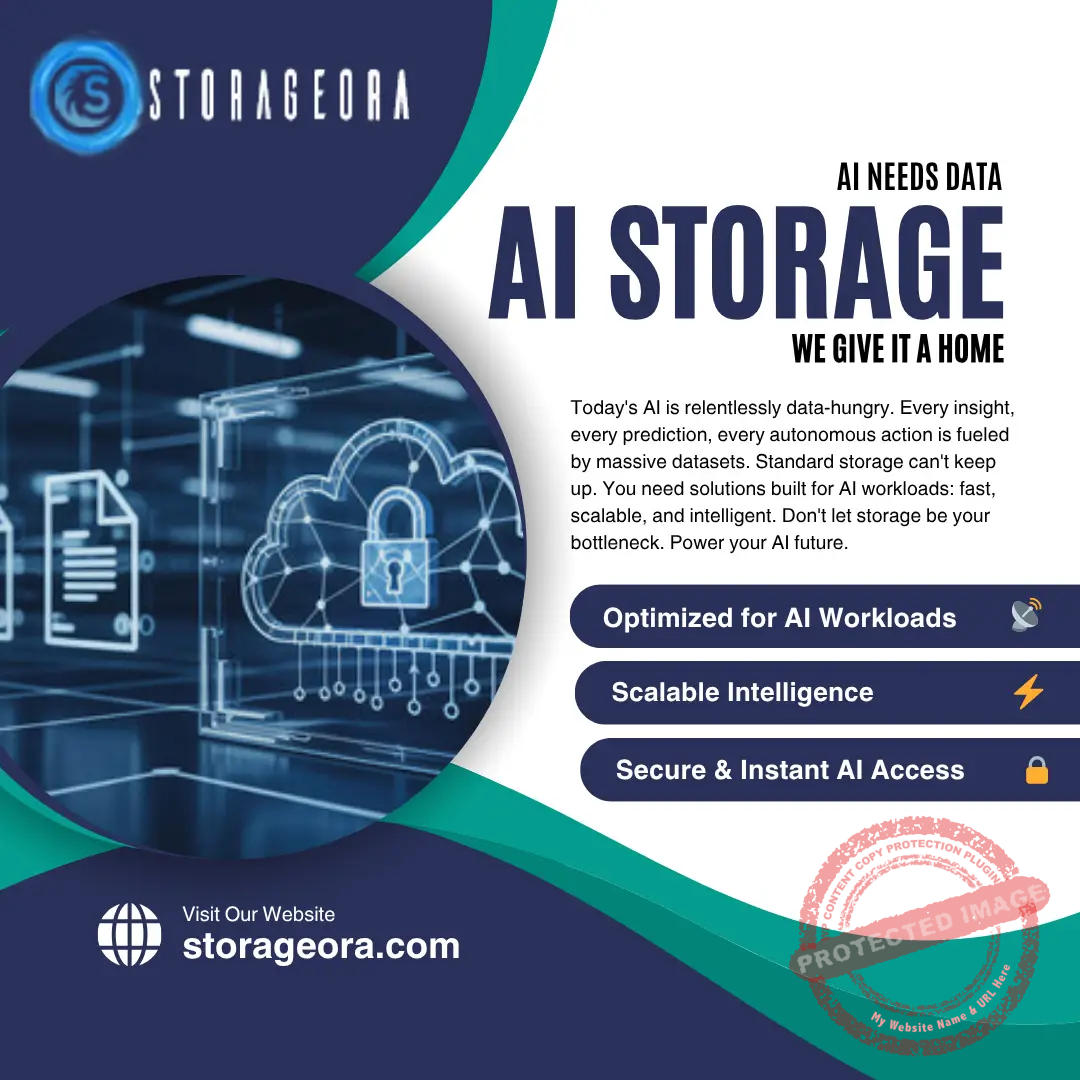According to a recent study by Spotfire, a business unit of Cloud Software Group, 30% of global organizations don’t have the right skills internally to analyze data, while the same amount are still struggling to understand which data is relevant and useful to them.
The survey1, which questioned 1,200 IT leaders across the U.S., UK, France, and Germany, showed that for the majority of respondents (73%), data is firmly embedded throughout their business and is fully integrated into all decision-making. Almost a quarter (23%), however, feel data is still only being utilized somewhat effectively and they could be doing more with it.
Data challenges and overcoming them
Used to gain insights into customer behavior, market trends, and internal operations, today’s businesses are reliant on data to make timely, strategic decisions. However, despite playing such an integral role in day-to-day operations and revenue growth, 31% of enterprises still don’t have the right technologies in place to analyze data. A further 29% are also still grappling with the time that is associated with managing and analyzing data.
Dealing with data coming from multiple sources, or data being located in different places, is also an influencing factor for 28% of organizations. With today’s interconnected business environment adding to this siloed data landscape, it’s unsurprising that the same number of businesses have issues with being able to trust that insights are accurate and reliable.
“Enterprises around the world have developed a crucial reliance on identifying insights in real time and acting on them to accelerate data-informed decisions and drive better business outcomes,” said Alessandro Chimera, director digitalization strategy, Spotfire, a business unit of Cloud Software Group. “By democratizing, collaborating, and operationalizing data models, businesses can solve complex problems faster, create innovative solutions, and ensure optimal outcomes.”
Data as the bloodline for AI
The recent boom in artificial intelligence (AI) tools has brought with it a renewed focus on the role of data – whether it is the type of data being used to train AI models, ensuring the privacy and security of sensitive information, or eradicating potential data biases – AI systems rely on large amounts of quality data to function.
As the relationship between AI and data continues to evolve, more than half (53%) of IT leaders say their organization is currently using AI tools to process and analyze data and started doing so within the last 6 months. A further 33% started doing so more than 6 months ago, and 11% have plans to start using AI tools for data processing in the future.
When asked how using AI tools to process and analyze data could benefit their organization, integrating data from multiple sources, gaining quicker access to information and insights, and ensuring the consistent high quality of data were the top responses, all at 45%. Forty-one percent of IT leaders say they have planned budgets of more than $300,000 in order to achieve these benefits.
“With the majority of respondents admitting to changing their budget allocations for the next financial year to account for investment in AI tools, it’s essential that they are confident in their abilities to successfully integrate these new technologies into their existing data processes,” Chimera added. “Having the right skills and talent internally will be a key part of this, as well as ensuring the right policies are in place for processing and analytics. As long as organizations are clear on these points, the investment and implementation of AI tools for data purposes poses a range of benefits, many of which are yet to be discovered.”
1 Survey Methodology: The survey was conducted by OnePoll and commissioned by the Spotfire business unit of Cloud Software Group, Inc. The research surveyed 1,200 business and IT leaders in the United Kingdom, United States, France, and Germany from companies with annual revenue exceeding $500 million.
Visit AITechPark for cutting-edge Tech Trends around AI, ML, Cybersecurity, along with AITech News, and timely updates from industry professionals!
Post Disclaimer
The information provided in our posts or blogs are for educational and informative purposes only. We do not guarantee the accuracy, completeness or suitability of the information. We do not provide financial or investment advice. Readers should always seek professional advice before making any financial or investment decisions based on the information provided in our content. We will not be held responsible for any losses, damages or consequences that may arise from relying on the information provided in our content.





 AMD
AMD TMC
TMC IE
IE MSI
MSI NOK
NOK DELL
DELL ECDH26.CME
ECDH26.CME